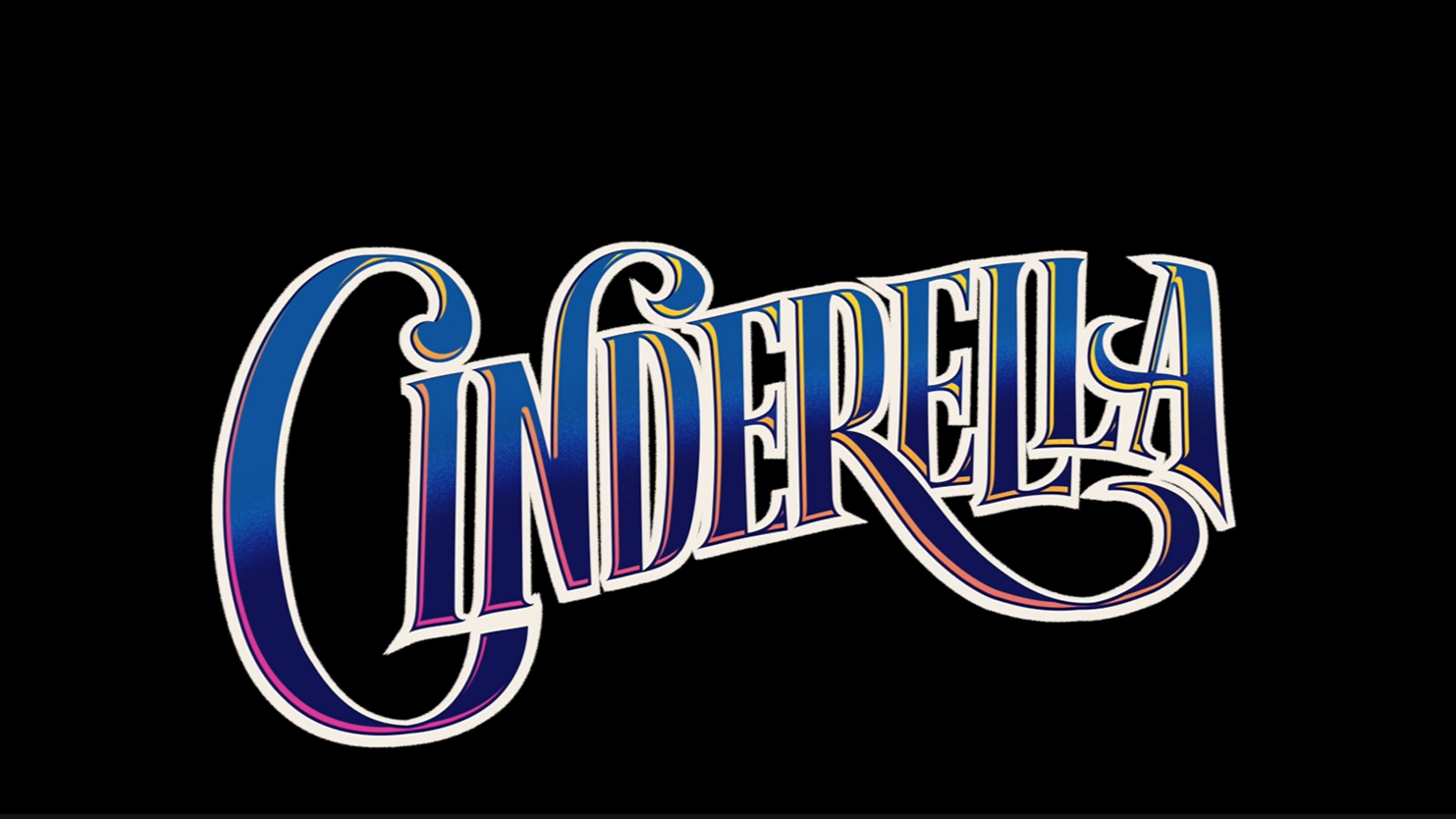Loud fireworks on bonfire night can be challenging for those with dementia, so here are our top 10 tips to help with distress in partnership with Kate Thubron of Mindful Care Consultancy

We have reached that point of the year again where it’s time to wrap up warm and head outside to watch a vibrant and colourful firework display to celebrate bonfire night. But while some residents in a care setting might enjoy the excitement, bonfire night comes with challenges for those with dementia because they might find the loud and bright displays distressing.
There are great benefits to either hosting or attending a bonfire night celebration for those with dementia, if undertaken appropriately, but if the fireworks this bonfire night prove to be distressing for your care home residents, here are our top 10 tips to help them through those feelings. And while they are tips to help those with dementia in distress because of fireworks, you might find them useful when applied to other situations too.
1. Know the person
Knowing the person with dementia who is in distress means knowing their life history – their life story. By understanding their values, their history and their personality, this may help in understanding what specifically about the situation might be causing them distress and might help to inform on how you can help them.
2. Knowledge of the brain
It might help to gain further knowledge and understanding of the functions of the brain and how damage in certain areas may affect behaviour. Not only will this help to understand why someone may be feeling distressed in other situations other than when fireworks are causing them distress, but it may help you to further understand the ways in which you can assist them.
3. Remain calm
In situations where a person with dementia is in distress, it’s best to try to remain calm. The person might say something upsetting to you when they are distressed, so take five to 10 seconds and think about what you’re going to say before you reply.
4. Mind your tone
Use a steady and soothing tone of voice to try and communicate with someone with dementia in distress. In situations like this, when they find the loud noises and bangs of fireworks overwhelming and upsetting, a soothing tone will hopefully help to calm the situation.
5. Look for any unmet needs
The noise of the fireworks may be causing them distress and upset, but are there any other unmet needs that are making the situation even worse? Look for any signs that they have a need that is not being fulfilled that might help in calming them down.
6. Provide validation
It’s important to reassure the person with dementia in distress that you are listening to them, that their feelings are validated, and that you are there to try and help.
7. Be aware of the environment
Observe anything in the environment that could be causing further stress that could be removed. It’s also important to minimise distractions where possible.
8. Provide opportunities for meaningful engagement
Provide opportunities for the person to engage in an activity that is meaningful and enjoyable. After validating and listening to their feelings, a shift in focus away from the noise where possible may help calm the person down.
9. Avoid labelling
Using words or phrases that label, stigmatise and depersonalise people can have a big impact on someone. It can damage the way they feel about themselves, their feelings and self-esteem. Labelling can also have an impact on the way in which they are treated. For example, if someone is labelled as being ‘aggressive’, it may cause approaches to care to be unintentionally confrontational in an already challenging situation such as distress caused by loud firework displays.
10. Gain support
Sometimes asking for help can provide a fresh perspective on what may be causing distress and how to help. Do not be offended if a person prefers to be cared for by someone else in that moment in time.
Find out more about Wellbeing and Activities Training for staff and the Oomph! Wellbeing and Activities Platform.






